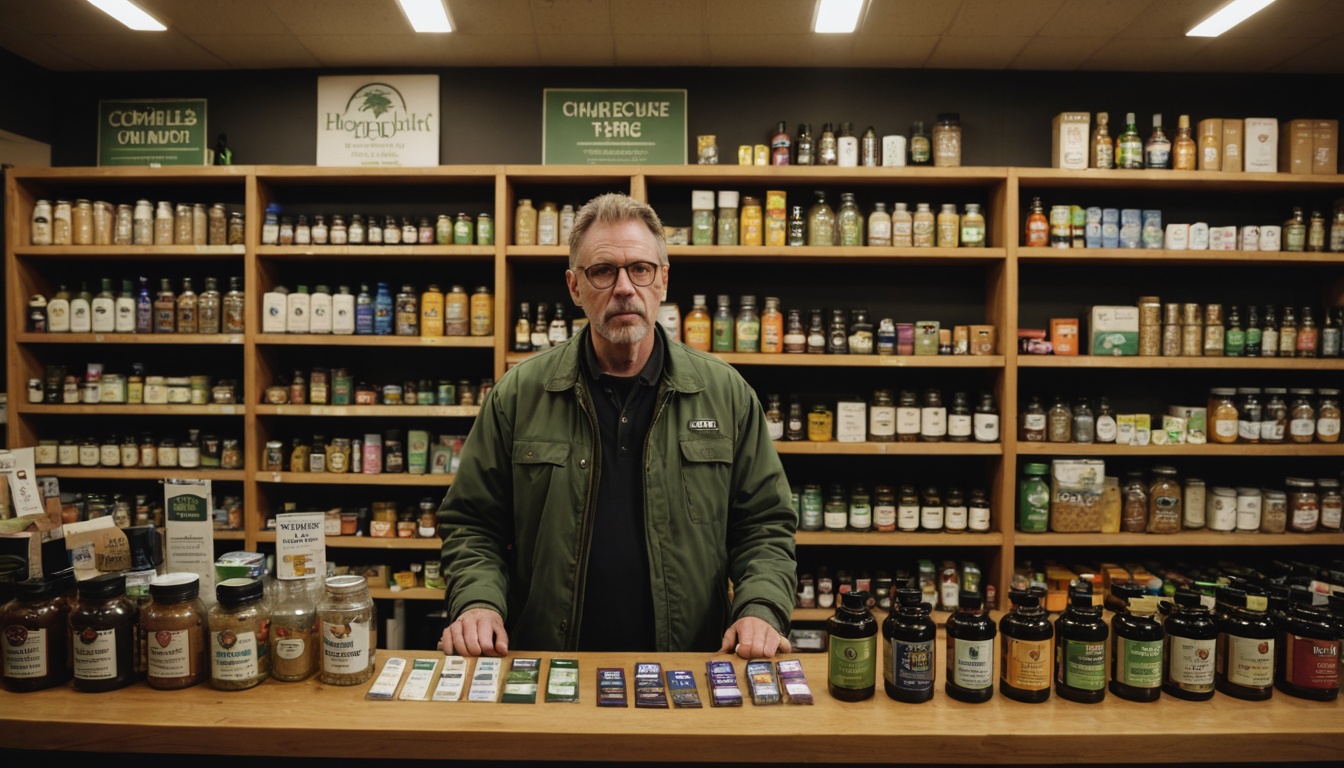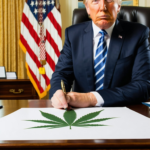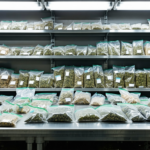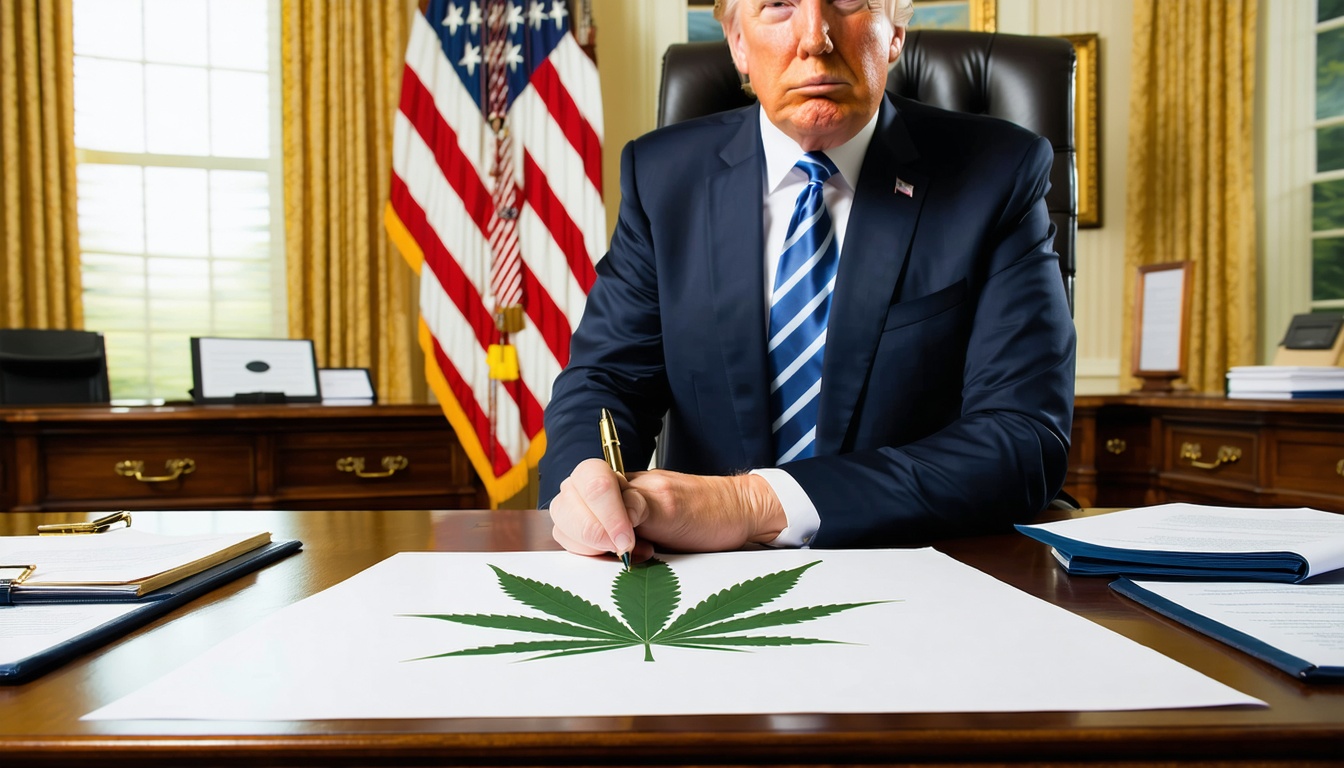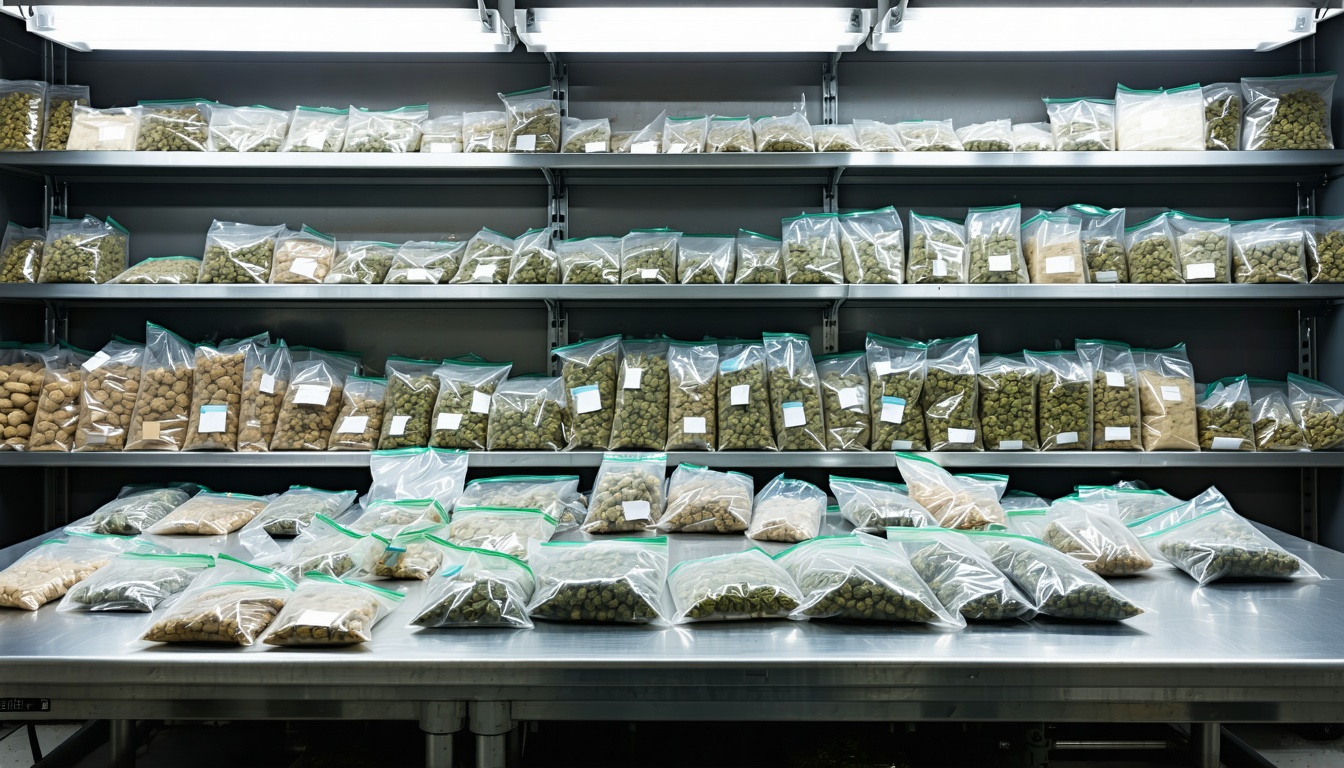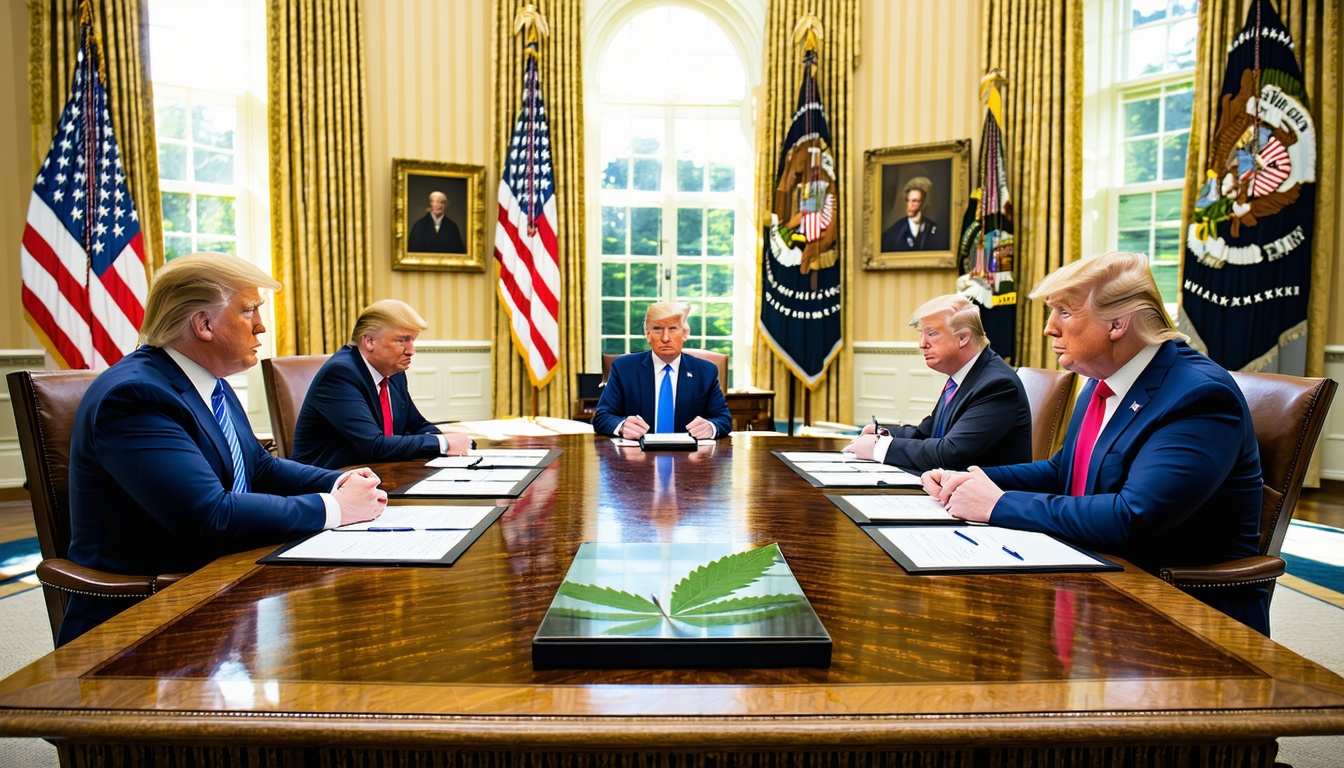Minnesota Hemp Businesses Face Uncertain Future Due to Cannabis Complications
As the cannabis industry in Minnesota prepares for new licenses, hemp store owners are facing a daunting challenge. A recent development has left them worried about having to destroy their entire inventory if they want to operate as recreational marijuana retailers. The issue revolves around labeling requirements for low-potency hemp-derived THC products.
According to the Office of Cannabis Management, cannabis retailers will be bound by these rules, and no one will be allowed to sell products without the correct labeling. However, hemp businesses have yet to receive licenses, and Minnesota won’t start issuing them until October. This means that hemp store owners are struggling to meet the labeling requirement, which demands that products include license numbers for every business involved in producing the edible or beverage, from seed to sale.
David Mendolia, owner of St. Paul Cannabis, is one such business owner who is finding it difficult to comply with the new rules. He has been selling hemp-derived THC drinks and edibles for 2.5 years and is hoping to add a retail marijuana license. However, he is concerned about having to destroy his current inventory if he can’t meet the labeling requirement.
The situation is further complicated by the fact that hemp is federally legal, but other states don’t license hemp producers, and Minnesota hasn’t issued licenses yet. Mendolia believes that it’s impossible to meet the requirement to include license numbers for all businesses involved in producing the products from seed to sale.
Industry experts are also concerned about the increased cannabis tax, which will rise from 10% to 15% starting in July. This tax applies to both marijuana and hemp-derived products, including non-intoxicating CBD. Many business owners believe that this tax hike will make it difficult for them to remain competitive.
Patty Gilk, owner of Jes Naturals, is another business owner who is struggling to adapt to the new rules. She has stocked her three stores with the best hemp-derived products she can find at the best prices across the country. However, she will either need to buy a distributor’s license at $10,000 a year or find a middleman with that license in October. This could significantly reduce the number of products she can offer her customers or make them too expensive to remain competitive.
The cannabis complications facing Minnesota hemp businesses are a major concern for the industry. If the rules are not revised, many businesses may be forced to destroy their inventory and start over, which could have devastating consequences for the industry as a whole.

